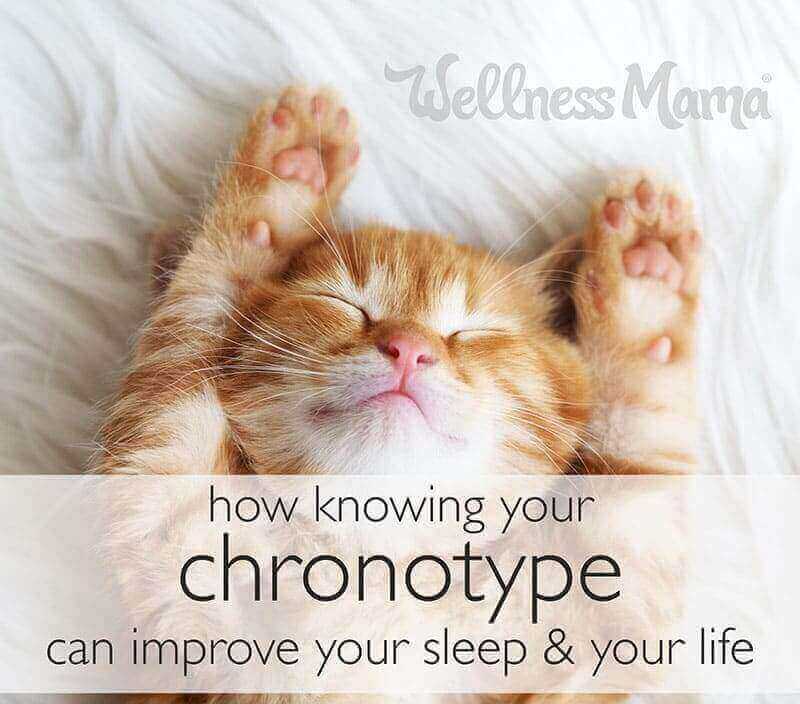

When I met Oprah’s sleep doctor, Dr. Michael Breus, at a recent event, I knew I had to have him on the podcast to share his information. He’s the author of the wildly popular new book, The Power of When, and in this episode, he explains why “night owl” and “early bird” are outdated terms and how to know your chronotype (natural way you sleep).
The Power of When
I have read and researched a lot about sleep over the years and consider myself pretty well-versed in the basics of good sleep. Talking to Dr. Breus, I understand why both Oprah and Dr. Oz trust him with their sleep. He is not only incredible knowledgeable about how to get better sleep, but also how to use your sleep type to be happier and more productive during the day.
If you aren’t familiar with him:
Michael J. Breus, Ph.D., is a Clinical Psychologist and both a Diplomate of the American Board of Sleep Medicine and a Fellow of The American Academy of Sleep Medicine. He was one of the youngest people to have passed the Board at age 31 and, with a specialty in Sleep Disorders, is one of only 163 psychologists in the world with his credentials and distinction.
Know Thy Chronotype
According to Wikipedia:
Chronotype refers to the behavioral manifestation of underlying circadian rhythms of myriad physical processes. A person’s chronotype is the propensity for the individual to sleep at a particular time during a 24-hour period.
Take this fast quiz to find out what your chronotype is. This will make this podcast episode make a lot more sense, and will also shed some light on your own sleep patterns.
Instead of the outdated “night owl” and “early bird,” chronotypes, Dr. Breus has broken different sleep types into four chronotypes based on his experience with patients. These chronotypes are:
- Dolphin
- Lion
- Bear
- Wolf
Light Matters for Good Sleep
I’ve written a lot about how light impacts quality. This is the reason I personally wear orange sunglasses at night to avoid blue light and why my kids don’t have a night light (one of the posts I’ve gotten the most negative response to).
I asked Dr. Breus’ opinion on the issue and he provided some important insight and context.
In The Power of When, he says:
The most disruptive event in the history of biotime occurred on December 31, 1979 with the invention of the electric light bulb.
Pretty strong statement, huh?
In this episode he explains how artifical light directly impacts circadian rhythm and how light at night can suppress melatonin production.
Children and Sleep
In this episode, I also asked Dr. Breus’ opinion on much of the common sleep advice for babies and children, and some of his answers surprised me. Listen to the episode to hear them all, but we talk about:
- How babies don’t make melatonin for the first 3 months. They get it from breastmilk but this is why they often need to nurse every few hours at night the first few months to get enough melatonin to keep sleeping.
- The best time, based on sleep biology, to establish a sleep routine with babies.
- Why children should NEVER be given melatonin supplements and the dangers of melatonin even for adults (did you know it is a contraceptive?)
- The best time to drink coffee (and it isn’t first thing in the morning).
- Why lunch should be the biggest meal of the day.
- Why you should drink a quart of water (or lemon water) first thing in the morning
- How sleep is more important than exercise
- The reason you should probably let your teenager sleep in as long as possible
Resources We Mention:
- Book: The Power of When
- Quiz: Know Your Chronotype
- Light bulbs: Lighting.science
Do you struggle with sleep? What has helped you?
Continue Reading...How Knowing Your Chronotype Can Improve Your Sleep
from Blog – Wellness Mama® http://wellnessmama.com/podcast/knowing-your-chronotype/?utm_source=rss&utm_medium=rss&utm_campaign=knowing-your-chronotype
via SEO Derby
No comments:
Post a Comment